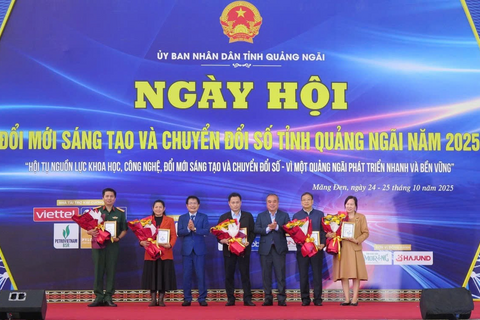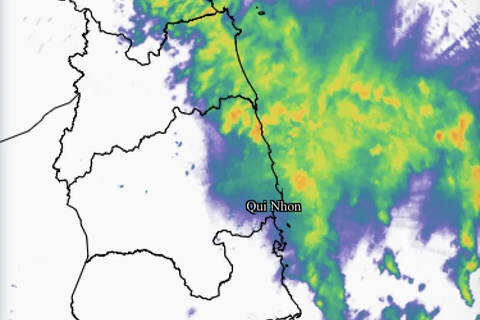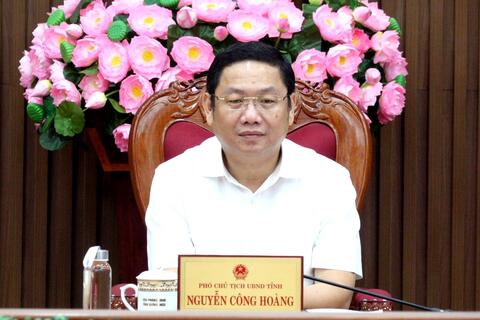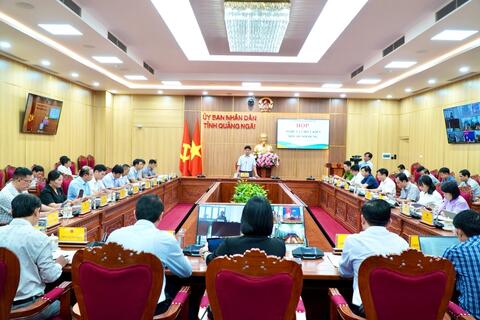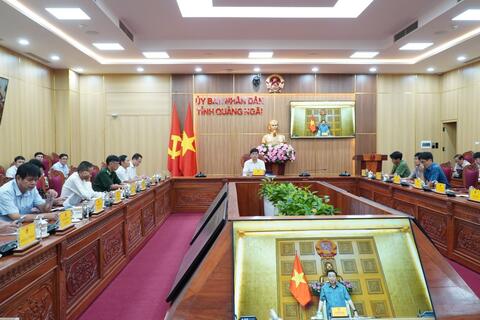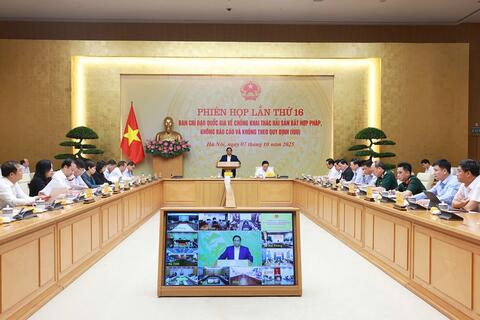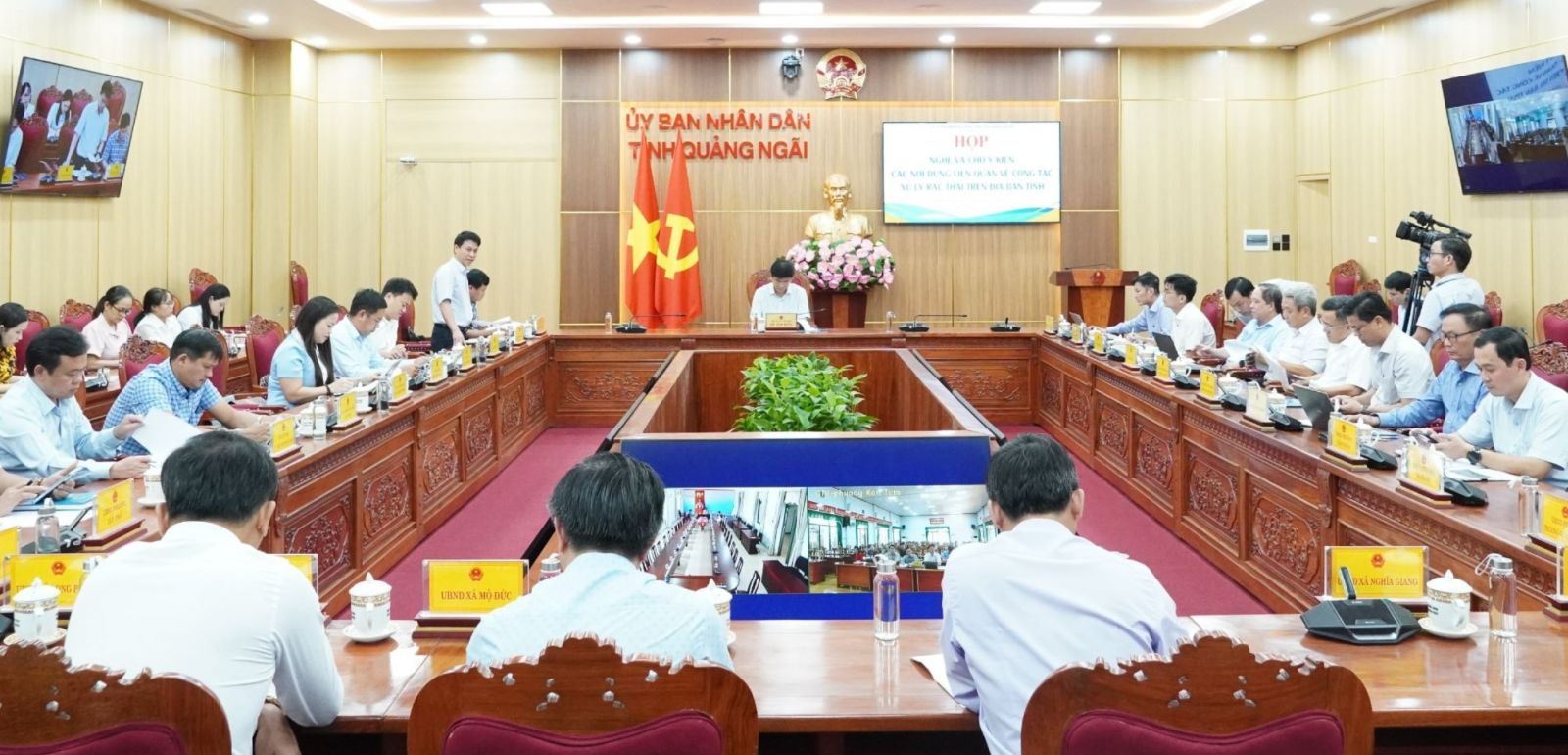
QUẢNG NGÃI— Vice Chairman of the Quảng Ngãi Provincial People’s Committee, Đỗ Tâm Hiển, on Wednesday afternoon (November 5) chaired a meeting to review and provide directions on solid waste treatment across the province. The meeting was attended by representatives from relevant departments, sectors and localities.
According to the Department of Agriculture and Environment, Quảng Ngãi currently generates about 1,130 tonnes of domestic solid waste per day, including around 800 tonnes in the former Quảng Ngãi area and 330 tonnes in the former Kon Tum area.
About 70 per cent of the total volume is collected and treated. Waste collection is mainly handled by environmental service companies, cooperatives and local sanitation teams.
However, many areas still lack efficient collection systems, leading residents to self-dispose of household waste.
The province currently operates two waste treatment plants and one sanitary landfill in the former Quảng Ngãi area, while several investment projects remain incomplete and some facilities have ceased operation.
In the former Kon Tum area, there are two operating waste treatment plants and six landfills.
Current treatment methods are primarily landfill and incineration, which still pose environmental challenges.
The province’s plan to implement waste separation at source is underway but progressing slowly.
At the meeting, the Department of Agriculture and Environment proposed that the Provincial People’s Committee instruct relevant agencies to soon complete infrastructure and procedures for solid waste management to ensure a sustainable living environment.
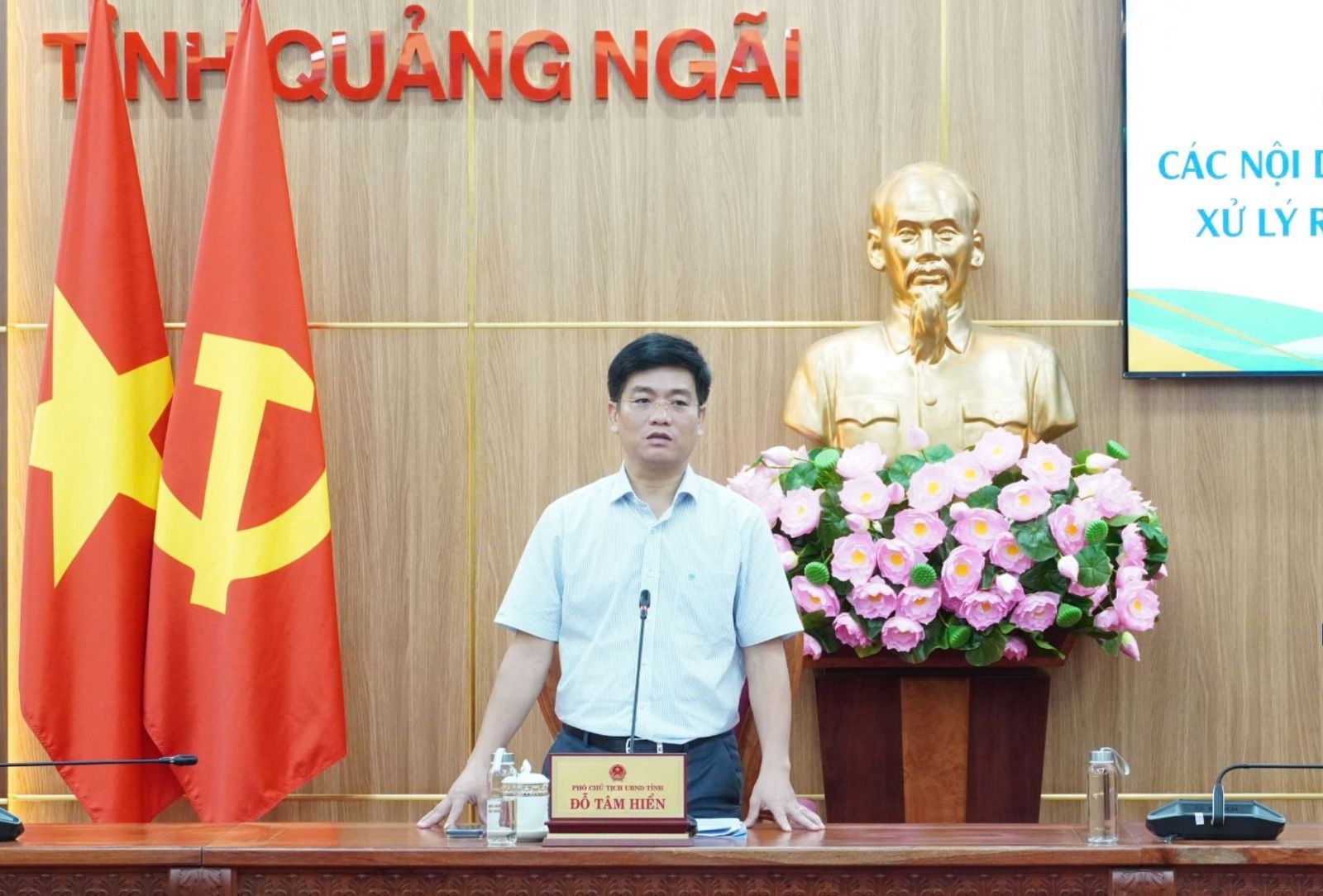
Vice Chairman Hiển acknowledged progress in waste collection and treatment but emphasized that shortcomings persist.
He called for both short-term and long-term solutions to improve efficiency and environmental safety.
He agreed with the proposal to prioritise public investment in waste treatment infrastructure, assigning the Department of Agriculture and Environment to coordinate with the Department of Finance and relevant units to develop an investment plan for submission to the Provincial People’s Committee.
Hiển also urged all agencies and localities to regard environmental protection as a key political task, ensuring close coordination and strict compliance with the provincial directives.
M.H
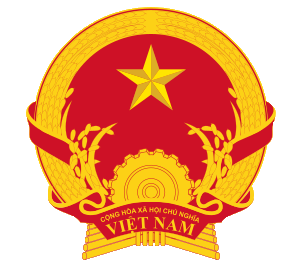




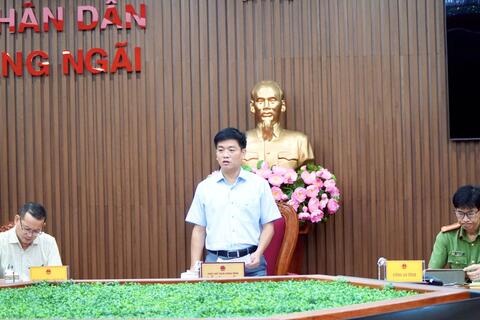
.png)
